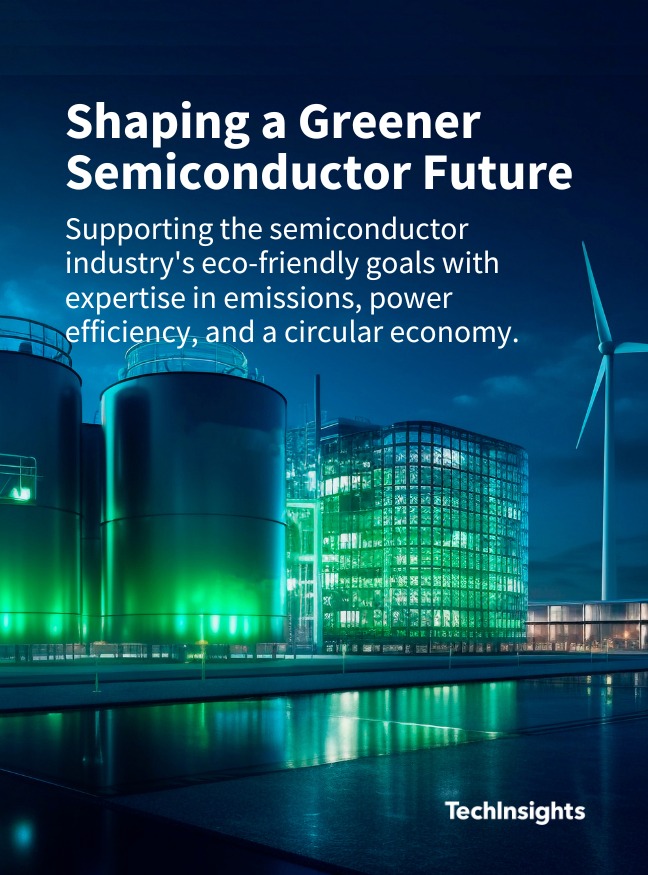Driving Towards a Sustainable Future with Electric Vehicles

The global automotive landscape is undergoing a profound transformation as the race toward sustainability gains momentum. Governments and consumers alike are pushing for a greener, cleaner, and more sustainable approach to transportation. In this blog, we'll explore how various countries, including the European Union, the United States, and China, are setting the stage for a future dominated by electric vehicles (EVs).
Read Full Article Start My Free Trial
Europe's "Fit-for-55" policy is a prime example of the EU's commitment to reducing emissions. With a target of slashing emissions by 55% from 1990 levels and a mandate for zero tailpipe emissions by 2035, it's clear that ICE-based vehicles are on the way out. However, the EU remains open to alternatives like e-fuels and hydrogen-powered engines, offering a glimpse of possible coexistence.
In the United States, the Biden administration has ushered in a more EV-friendly era. Support for electric vehicles, tax incentives, and the development of charging infrastructure are among the measures aimed at encouraging domestic EV production. Although no ICE ban exists, these policies are designed to nudge OEMs toward the electrification of their portfolios.
China, on the other hand, is leveraging a dual credit system, fuel and electricity consumption limits, and a range of incentives to promote New Energy Vehicles (NEVs). From "hard" incentives such as purchase inducements to "soft" incentives like charging infrastructure, China is leaving no stone unturned. Compliance with these regulations is essential for market expansion, pressuring OEMs to integrate electrification into their future product strategies.
The impact of these incentives and legislations is captured in TechInsights' Hybrid Technologies Legislation/Support database. The electric vehicle market is set for substantial growth, with a projected increase from 21.0 million units in 2022 to 48.4 million units in 2027, and volumes expected to reach 57.9 million units by 2030. Notably, after 2028, the industry is predicted to produce more electric vehicles than internal combustion engine cars.
With this shift comes a rising demand for xEV powertrain electronics systems, which are expected to grow from $34.7 billion in 2022 to $98.6 billion in 2027, reaching $133.0 billion by 2030. Key components driving this demand include battery management systems, DC/DC converters, the main traction inverter, electric motors, and onboard chargers.
Among these components, the main traction inverter and electric motor will play a central role, reflecting the growing prominence of battery electric vehicle powertrains and premium vehicle segments. The trend toward reducing size and weight while maximizing performance and efficiency is driving innovation, with integration, cloud-based analytics, wide bandgap semiconductors, and novel materials at the forefront of advancements.
Semiconductor demand from xEV powertrain systems is expected to rise significantly, with a projected growth from $8.3 billion in 2022 to $30.5 billion by 2030. Battery electric vehicles will lead the semiconductor market, with a predicted CAGR of 31% and a focus on wide bandgap technologies.
Silicon Carbide (SiC) semiconductors, in particular, are set for remarkable growth, with a projected CAGR of 20% from $914.2 million to $7.9 billion by 2030, approaching a tipping point where SiC demand surpasses that of traditional Si power semiconductors.
TechInsights clients have access to a comprehensive suite of analysis related to electric vehicles, covering system demand outlook and semiconductor demand outlook reports. Additionally, our offerings extend to battery technology and charging infrastructure, with an emerging focus on sustainability and carbon footprint modeling to provide unbiased insights into the environmental impact of products, down to the semiconductor level.
As the world embarks on the road to sustainability with electric vehicles, it's clear that the journey is electrifying, promising a cleaner, more environmentally responsible future for the automotive industry and our planet.
















